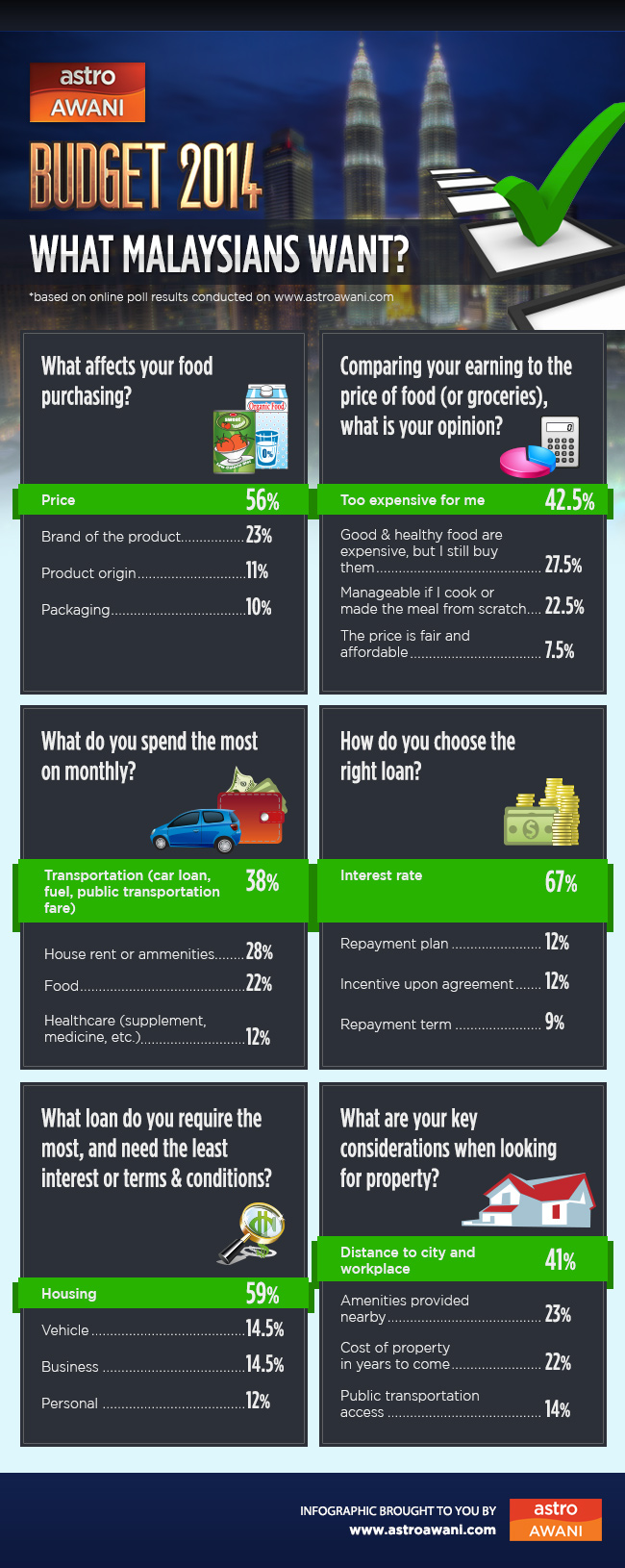
With further Russian aggression likely and Afghanistan in the rearview mirror, there’s going to be a new emphasis on territorial defense and deterrence. Although there’s a hearty debate about how much of Russia’s ham-handed approach to its war against Ukraine is due to technological weakness versus Russian strategic incompetence, there is no question that some defense investments need to be rethought, including those needed for stronger territorial defense-including maritime and airspace defense-of a soon-to-expanded northeastern NATO border. In other words, how that 2 percent is spent is considerably more important than whether countries are spending enough. But 2 percent is an input rather than an output metric. The 2 percent minimum target was largely intended as a political mechanism-for example, to help defense ministries fend off budget cuts imposed by finance ministers. Ultimately, without some serious adjustments to the strategic debates, a focus on the 2 percent minimum target only severely hurts NATO’s relevance-and public support for the alliance. But the 2 percent target has proved to be both operationally insufficient and strategically counterproductive. Getting all NATO heads of state to agree to the 2 percent minimum target was a laudable achievement-and one that might not have happened if Russia hadn’t invaded Ukraine earlier that year. As the argument went in 2014, the United States would be much more amenable to continuing its investment in trans-Atlantic security if NATO nations would just spend at least 2 percent of their GDP on defense. This, in turn, meant that the United States, which spends more than 3 percent annually, was absorbing the lion’s share of the costs associated with securing Europe.

The pledge was reaffirmed in 2014 at NATO’s Wales summit by alliance leaders, because NATO states were collectively failing to meet the 2006 commitment, thanks to decades of chronic underinvestment by European states on their militaries, which, unsurprisingly, led to significant capability gaps in their ability to conduct military operations. Leaders should be asking harder questions about how the money is being spent and how the security burden can be shared, not obsessing about who’s giving their fair share. There is a certain truth in that, but there are much more pressing concerns for NATO than tracking this figure. Today that’s become a totemic object for the alliance-especially for Americans who insist that others are spending too little. NATO defense ministers pledged in 2006 to spend at least 2 percent of their nation’s gross domestic product on their defense annually. It’s like clockwork: As NATO’s late June summit in Madrid approaches, the debate over whether allies spend too little on defense grows louder.


 0 kommentar(er)
0 kommentar(er)
